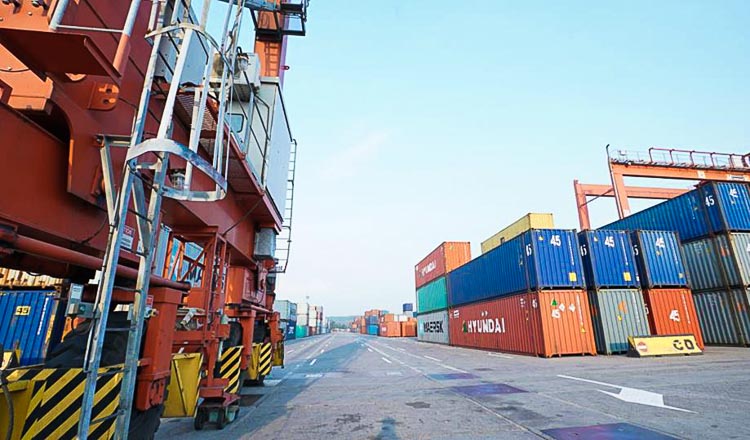Cambodia: Logistics legislation on the table
The Ministry of Public Works and Transport (MPWT), in collaboration with the Japanese International Cooperation Agency (JICA) and the World Bank, is reviewing input from industry insiders and concerned parties to help draft legislation that can govern the expansion of the country’s logistics infrastructure.
Transport experts, representatives of the private sector and government officials gathered yesterday to hold discussions on the main challenges facing the country’s logistics sector and provide input lawmakers can use to draft much-awaited logistics legislation.
Speaking during the meeting, Transport Minister Sun Chanthol said creating legislation to guide the development of the country from a logistics perspective is paramount to luring more investors into the country.
Mr Chanthol also said the kingdom enjoys a privileged location within the Greater Mekong Subregion and it has the opportunity to become a regional logistics hub.
He also asked participants to focus on the development and expansion of airports across the country.
“I urged the teams to please consider the whole potential of the country and look at ways of developing Cambodia into a logistics hub for the Greater Mekong Subregion,” Mr Chanthol said.
“Making Cambodia into a hub for warehousing and logistics is our goal.”
According to key speakers during the meeting, much progress has been made during the past 15 years in terms of developing the legal and regulatory framework in the transport sector, but challenges remain, including the drafting of key laws, introducing higher requirements to access the transport and logistics sectors, enforcing existing regulations and transitioning to a digital, paper-less systems.
Yasuhara Hiroto, JICA’s project formulation advisor, said Cambodia has already come a long way in advancing its logistics sector, adding that the country is now ready to welcome higher levels of investment.
“FDI is expected to keep flowing in if the cost of transport decreases,” Mr Hiroto said, arguing that a slew of Japanese companies are now eyeing the Poipet Special Economic Zone on the border because it is well connected to Thailand.
Mr Hiroto added that some of the stumbling blocks the sector now faces are high customs fees and the practice of “unofficial” payments to government officials.
Earlier this year, MPWT unveiled plans to establish a national logistics council whose core function will be to reduce the cost of transportation to make the country more competitive and attractive to foreign investment.
Source: http://www.khmertimeskh.com/5089775/logistics-legislation-table/


 Thailand
Thailand




